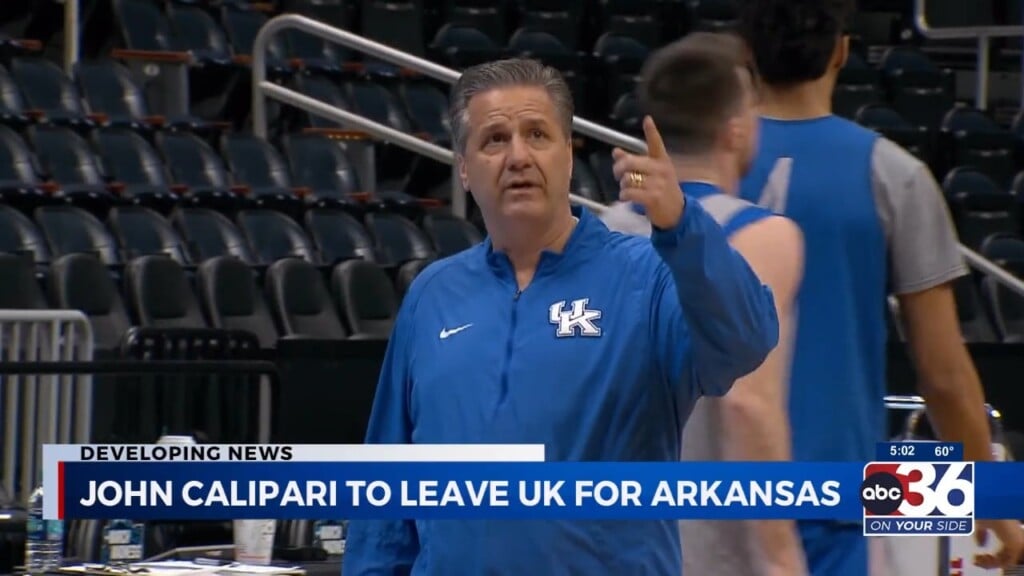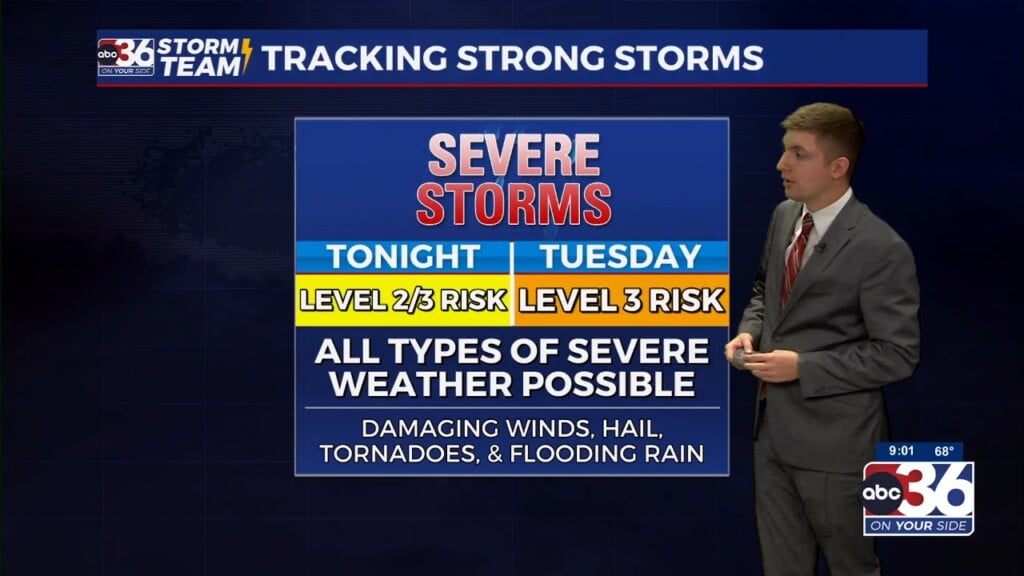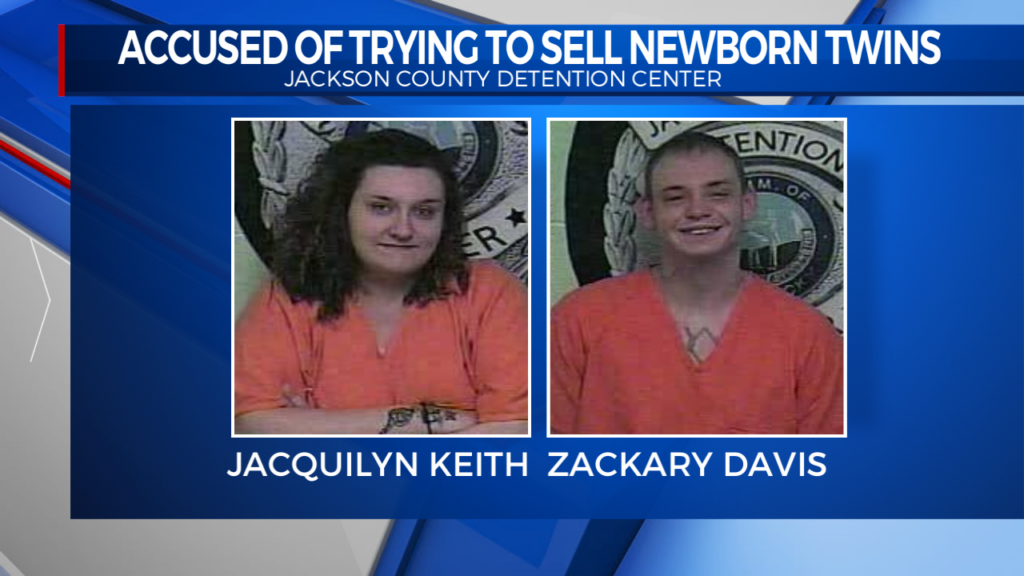The Latest: Relatives of Noriega victims say mystery remains
PANAMA CITY (AP) — The Latest on the death of former Panamanian dictator Manuel Noriega (all times local):
11:30 a.m.
Some relatives of people who were victims of the late Panamanian dictator Manuel Noriega’s regime say his death leaves a mystery around their killings.
Josue Giroldi is the son of Maj. Moises Giroldi, who was killed after leading a military uprising against Noriega in October 1989. Noriega was convicted of the crime in absentia.
However Giroldi says Noriega “never confessed the truth about those events, and that will nag us for the rest of our lives.”
Still, he says that his family “had already forgiven him for what happened.”
Noriega was also facing prosecution for the disappearance of political opponent Heliodoro Portugal, whose remains were found shortly after Noriega’s ouster by a U.S. invasion in December 1989.
Daughter Patria Portugal says “so many Panamanian families will not know what happened to their loved ones.”
She says “that’s sad because there can be no reconciliation nor peace if the truth of things is not known.”
Noriega died late Monday of causes that have not been disclosed. He recently underwent surgery for a brain tumor.
___
11:00 a.m.
A lawyer for the late Panamanian dictator Manuel Noriega says there is no official word on what caused his death.
Ezra Angel tells The Associated Press that “we are asking for the family to be given space to say goodbye to their father in peace and tranquility.”
In recent years Noriega suffered various ailments including high blood pressure and bronchitis.
In 2016, doctors detected the rapid growth of a benign brain tumor that had first been spotted four years earlier, and in January a court granted him house arrest to prepare for surgery on the tumor.
Noriega was Panama’s de facto ruler from 1983 to 1989. He died Monday at age 83.
___
9:15 a.m.
The Panamanian government is telling its citizens they won’t get any time off this week due to the death of ex-dictator Manuel Noriega.
Panamanians usually get time off after the death of a president.
But a statement from the Department of Communications notes that while Noriega was briefly declared head of government in 1989, that act that was subsequently ruled unconstitutional.
Noriega was the country’s de facto ruler from 1983 to 1989 and he died Monday at age 83.
The iron-fisted ruler ordered the deaths of political opponents. The onetime U.S. ally was ousted by an American invasion in 1989, served a 17-year drug sentence in the United States and then was sent to face charges in France.
He spent all but the last few months of his final years in a Panamanian prison.
___
4:00 a.m.
Aurelio Barria, who led the Civil Crusade (Cruzada Civilista) opposition movement that staged many street protests against Noriega’s regime, says “his death ends a period that we should try not to forget so it is not repeated in Panama.”
Surprisingly, Barria and other Noriega opponents stopped short of expressing harsh criticism of the former strongman who repressed their demonstrations and forced many into exile.
Carolina Cruz, a 65-year-old housewife, said “Noriega leaves open wounds.”
Speaking to The Associated Press as she left a supermarket in the capital, Cruz adds: “Many died during his government, but he had deteriorated a lot and served many years in prison,”
Panama’s streets were calm, without any demonstrations either in favor or against Noriega.
___
1:00 a.m.
Former Panamanian dictator Manuel Noriega, a onetime U.S. ally who was ousted as Panama’s dictator by an American invasion in 1989, died late Monday at age 83.
Panamanian President Juan Carlos Varela wrote in his Twitter account that “the death of Manuel A. Noriega closes a chapter in our history.”
Varela added, “His daughters and his relatives deserve to mourn in peace.”
Noriega ruled with an iron fist, ordering the deaths of those who opposed him and maintaining a murky, close and conflictive relationship with the United States.
At the apex of his power he wielded great influence outside the country as well thanks to longstanding relationships with spy agencies around the world, said R.M. Koster, an American novelist and biographer of Noriega who has lived in Panama for decades.
After his downfall, Noriega served a 17-year drug sentence in the United States, then was sent to face charges in France. He spent all but the last few months of his final years in a Panamanian prison for murder of political opponents during his 1983-89 regime.




Leave a Reply